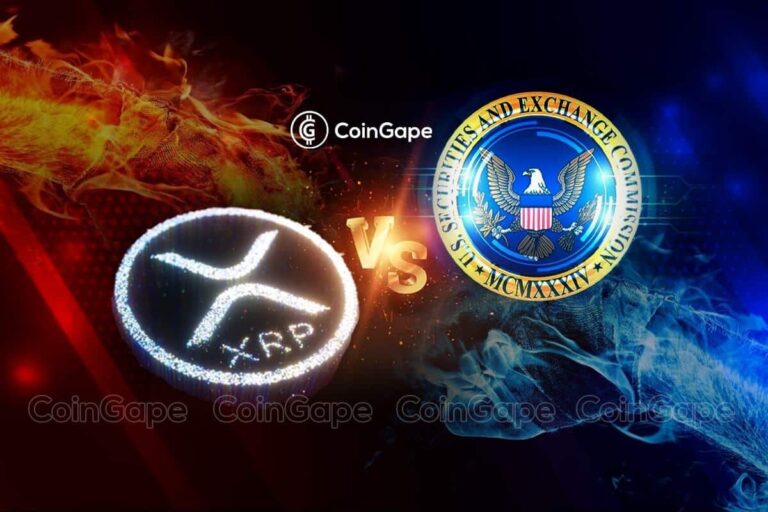Former SEC official Mark Feigel has suggested that the U.S. Securities and Exchange Commission (SEC) may appeal the court’s ruling regarding secondary sales of XRP. This follows the landmark decision that XRP’s primary sale will not be as a security. However, Fagel emphasized that the Ripple case does not deal with secondary market sales, which may now be targeted by the SEC.
Former SEC Mark Feigel predicts SEC appeal in Ripple XRP case
According to Marc Fagel, the SEC is likely to appeal the decision regarding the secondary sale of XRP. He emphasized that the previous Ripple court decision explicitly excluded these sales from the decision, opening the door for the SEC to revisit the issue.
A former SEC official emphasized:
“We are simply saying that Ripple’s decision does not preclude it from filing a lawsuit against another entity that sells XRP as a security.”
Mr. Fagel’s commentary sheds light on potential future actions by the SEC, which remains vigilant in interpreting what constitutes a security under its jurisdiction.
In response, attorney Bill Morgan questioned the basis for treating Bitnomial XRP futures as a securities futures contract. He pointed to inconsistencies in regulatory enforcement, especially when comparing similar cases between XRP and Ethereum (ETH), where the SEC previously did not object to futures contracts.
Morgan expressed his dissatisfaction:
“Such arbitrary enforcement cannot be tolerated. No wonder the crypto market is biased towards Bitcoin and Ethereum.”
Legal challenge and industry response
Additionally, Ripple CEO Brad Garlinghouse criticized the SEC’s insistence that XRP is a security, despite court rulings suggesting otherwise. did. His criticism highlights industry-wide frustration with what many see as arbitrary and overreaching regulatory measures.
Garlinghouse’s comments came after the SEC was deemed to be ignoring judicial decisions during its ongoing litigation with crypto derivatives exchange Bitnomial. Brad supported this and promised that Ripple would follow up on developments to hold the committee accountable.
Moreover, the Bitnomial case itself has become an important issue. The exchange argues that XRP futures should be regulated by the Commodity Futures Trading Commission (CFTC) rather than the SEC. At the same time, the exchange maintains that XRP is not a security and should not be subject to such strict securities laws.
These developments come amid Ripple’s cross-appeals in its ongoing legal battle with the US Securities and Exchange Commission (SEC). This strategic legal move by Ripple aims to address unresolved issues beyond the initial ruling that XRP is not a security. Specifically, this cross-appeal will address the broader implications of the SEC’s claims regarding XRP sales on various exchanges and other distributions, which the SEC had previously attempted to appeal.
✓ Share:
Ronnie Mugendi
Ronnie Mugendi is a veteran crypto journalist with 4 years of professional experience and has contributed significantly to various media outlets regarding cryptocurrency trends and technology. With over 4,000 articles published in various media outlets, we aim to inform, educate and introduce more people to the world of blockchain and DeFi. Outside of his journalism career, Ronnie enjoys the thrill of riding his bike and exploring new roads and landscapes.
Disclaimer: The content presented may contain the personal opinion of the author and is subject to market conditions. Do your market research before investing in cryptocurrencies. The author or publication assumes no responsibility for your personal financial loss.


